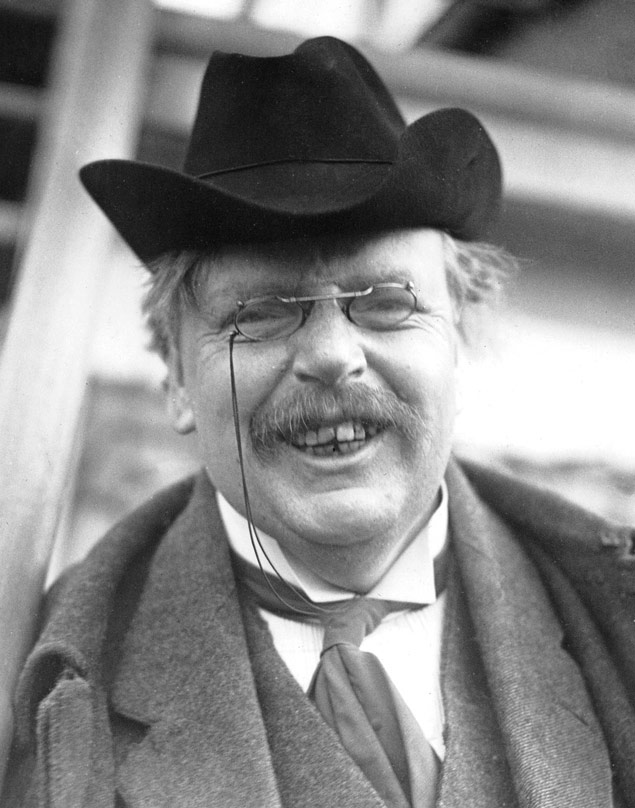
It is marmalade making time again. The dank, cold and late-Winter regional gardens are lit up by hope-giving globes and ovoids of fluorescent citrus: lemons, cumquats, grapefruit and, best of all, Seville oranges – those flattish but elegant packets of bitter-sweetness.
There is something of the lost-arts and civilisation about marmalade making. And because it was a Bear named Paddington’s favourite food, there is something of his courtesy about it too.
Paddington’s creator, English writer, Michael Bond died at the age of 91 in June just past. His literary child, Paddington, the bear from “darkest Peru” was depicted as being always out of his depth but quintessentially honourable and polite.
Sadly, Michael Bond, who is not a Catholic, did not have an entirely happy experience in a Catholic school. However he did imbibe a concern for the fate of outsiders and refugees, and this inspired his creation.
Paddington Bear’s adventures in late 20th century England invariably contrasted his (and often funny) civility in a Britain that had lost its manners.
Is courtesy a relic of another time and does it matter anyway? Has not courtesy been reduced to the glib musak of check-out greetings and “courtesy” calls (which really mean “pay up” in simpering euphemism.)
I think courtesy and civility mean far more than window dressing.
Anyone who has dipped their toe into the “on-line” hyper-ocean for more than a day will be aware that far too many of the “voices” which inhabit that place are fueled by the mob vices of name-calling, spleen-venting and self-entitled derision. It is such a phenomenon that even Scientific American recognises it as “a thing.” Being discourteous adds not a jot to honesty, authenticity or hard-nosed investigation.
In fact the carping meanness of political debate around the world is a sign of the loss of essential truths and values. I learned an early lesson about courtesy as a child. I had verballed all about me in a cloud-burst of passion.
My mother firmly refused to accept my attempts at childish existentialism: my excuse was that “I was just being honest.”
She told me of one of her father’s life principles: “Courtesy is applied Christianity.” It caused me to pause in my invective and listen.
“Cappy” Parker (Captain Charles Avison Parker), a jovial and gentlemanly convert Englishman, who served as a Naval paymaster until he was 80 (the Navy forgot to ask and he forgot to tell) was the source of this saying.

Even though I was a small child, I remember him as one of the keenest observers of the world and one of the happiest and most graciously courteous. (Interestingly the Navy records say he brought a citrus farm in Victoria … so maybe Seville oranges come into it?)
There is a strong theological foundation to those wise words. The prodigious English Dominican scholar, Father Aidan Nichols OP, himself an epitome of this applied Christianity, writes in his Scribe for the Kingdom:
“All failures of courtesy are failures of charity, even if failures of charity go far beyond discourtesy in their scope.”
Courtesy towards others is a small sacramental way of showing that we believe in charity towards others, even if at times we do not feel it.
Being polite, as my grandfather so firmly believed, is a concrete, and sometimes difficult daily conviction in the dignity of the person who stands before us, and indeed a conviction in our own dignity.
In the more optimistic days of the mid 1960s, the Second Vatican Council’s Decree, Apostolicam Actuositatem, encouraged lay Catholics to engage in a “new evangelisation” with high levels of civility and even chivalry:
“Catholics should try to cooperate with all men and women of good will to promote whatever is true, whatever just, whatever holy, whatever lovable (cf. Phil. 4:8). They should hold discussions with them, excel them in prudence and courtesy, and initiate research on social and public practices which should be improved in line with the spirit of the Gospel.”

Only a few years after this document was promulgated, the world was to see how discourteous, crass and violent were the forces of the anti-Christian revolution to become.
Courtesy is not only a virtue for the good times. Many of the saints had a sense of courtesy, some displayed a type of universal courtesy, a reverence and awe not only towards human beings but before all creation.
Gilbert Keith Chesterton writes in his work on St Francis of Assisi: “St Francis really would have apologised to a cat.” There is a marvellous photo of the gigantic Chesterton bowing to a little girl (pictured above). He called courtesy: “a wedding of humility with dignity.”
GKC notes that as St Francis was attempting to preach in the open air, as he often did, he found himself drowned out by the collective chatter of hundreds of little birds,” and said with a gentle gesture: “Little sisters, if you have now had your say, it is time that I also should be heard.” And all the birds were silent: as I for one could easily believe.”
Superficial courtesy of course does not make a person good. In fact a veneer of politeness smeared over a malicious or resentful heart can be hideous. Think of the parody of the SS Officers with their heel-clicking and fine tailoring. Dicken’s Uriah Heep is a skin crawling model of obsequiousness and stilted manner. Heep’s outward show was poisoned by inner envy and resentment.
Nor does courtesy stand in for other virtues, nor can it authentically exist without them. As the English theologian priest, John Saward writes in a fine essay about grace and courtesy:
Courtesy is not strictly distinct from the other virtues, but rather a quality to be found in them all. It has something to do with reverence, humility, and chastity.
If courtesy is the fruit of reverence, humility and chastity, it is no wonder our culture does not understand it.
